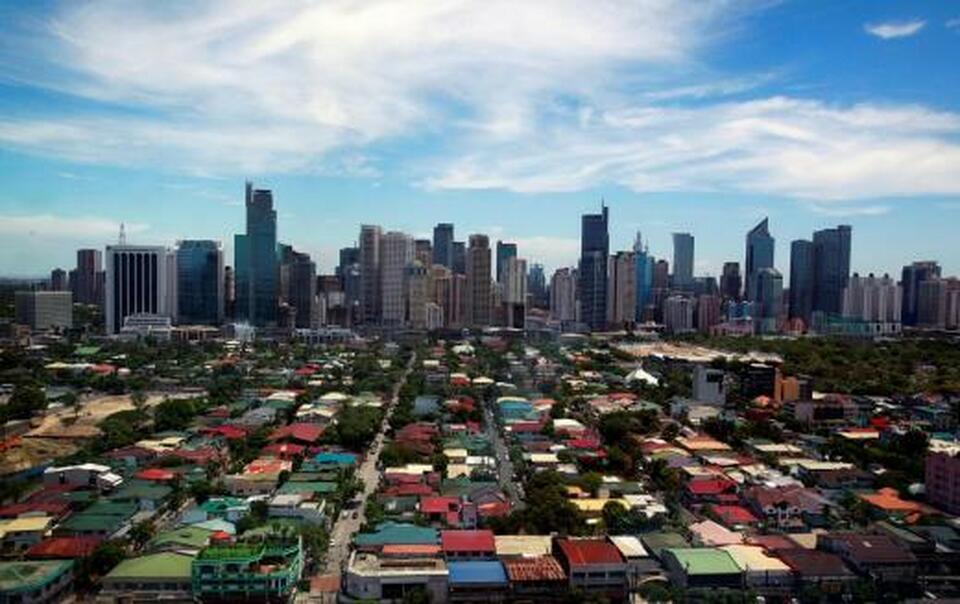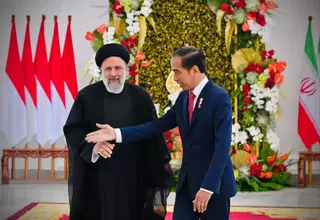IMF Sees Philippines' GDP Growth at 6.7% in 2018, 2019

Manila. The Philippines is likely to sustain economic growth of 6.7 percent this year and in 2019, underpinned by strong consumption and investment, the International Monetary Fund said on Wednesday (25/07).
However, it noted that near-term risks from rising inflation and a changing external environment had increased, and has revised its forecast for the country's current account deficit, which has weighed on the Philippine peso.
"Downside risks stem mainly from rising inflation, continued rapid credit growth, higher US interest rates and US dollar, volatile capital flows and trade tensions," the IMF said in a statement issued following its regular "Article 4" review of the Philippine economy.
It now expects the current account deficit to rise to 1.5 percent of gross domestic product by end-2018, from a previous forecast of 0.3 percent, mainly due to increased imports of capital goods and raw materials.
The IMF, however, said the deficit is likely to remain manageable as it would be financed largely by foreign direct investment.
The peso has weakened by more than 6 percent against the US dollar since the start of the year, making it one of Asia's worst-performing currencies.
"To strike the right balance between growth and macroeconomic stability, policies need to be adjusted to reduce inflationary pressures, while structural reforms should continue to support inclusive growth," it said.
The IMF supports tightening monetary policy further to anchor inflation expectations. It also endorsed keeping the fiscal deficit in 2018 and 2019 broadly unchanged at around 2.4 percent of GDP to support efforts to contain inflationary pressures.
It said maintaining exchange rate flexibility was also needed to help the economy adapt to external shocks and called for measures to safeguard financial stability amid rapid credit growth and rising corporate debt.
Reuters
Tags: Keywords:POPULAR READS
President Jokowi Urges Global Restraint as Tensions Rise in the Middle East
President Joko "Jokowi" Widodo emphasized the importance of diplomatic efforts to prevent the escalation of conflict in the Middle EastKPK Identifies Sidoarjo Regent as Suspect in Corruption Probe
KPK has identified Ahmad Muhdlor Ali as a suspect in a corruption case involving the Sidoarjo Regional Tax Service AgencyEconomic Concerns Overshadow Security Worries for Indonesians in Iran
Indonesian citizens currently in Iran are more concerned about rising inflation than the security situation in the country.'Siksa Kubur' Review: Indonesian Horror with Solid First Act
The beginning part of "Siksa Kubur" is incredibly solid across many fields, including the visual storytelling.IDX Slides 2 Percent as Geopolitical Conflict Rattles Market Confidence
The IDX attributed the subdued performance of the index at the start of the week to the escalating geopolitical tensions in the Middle EastPopular Tag
Most Popular






















